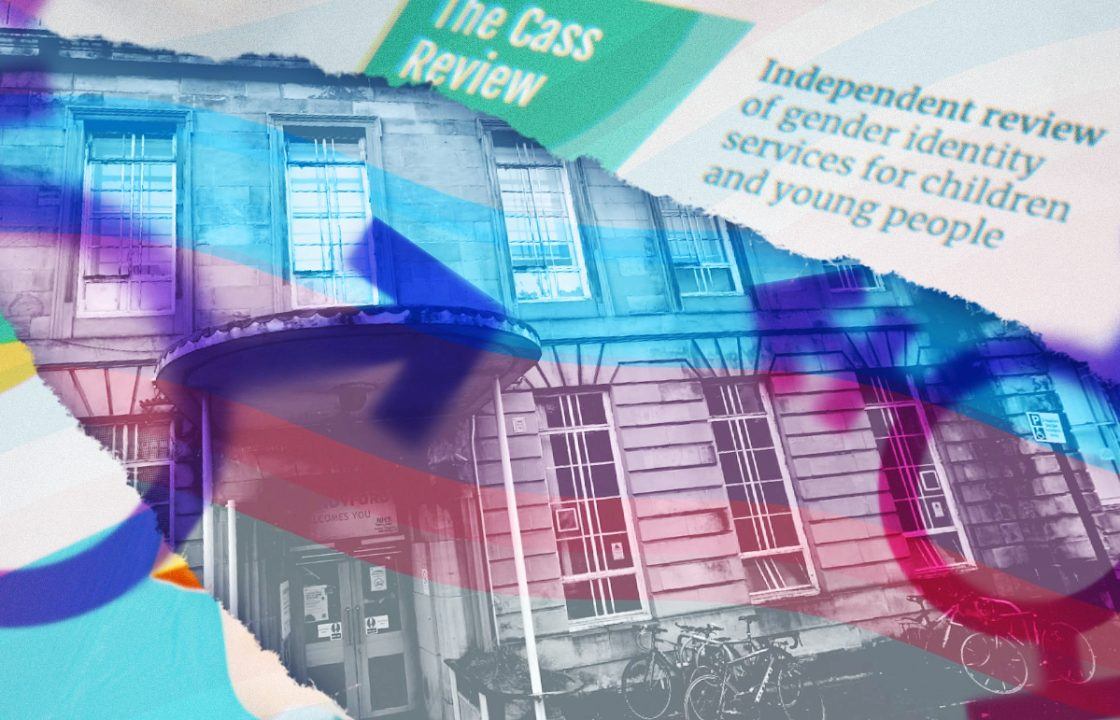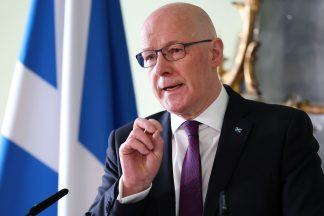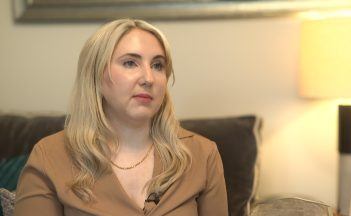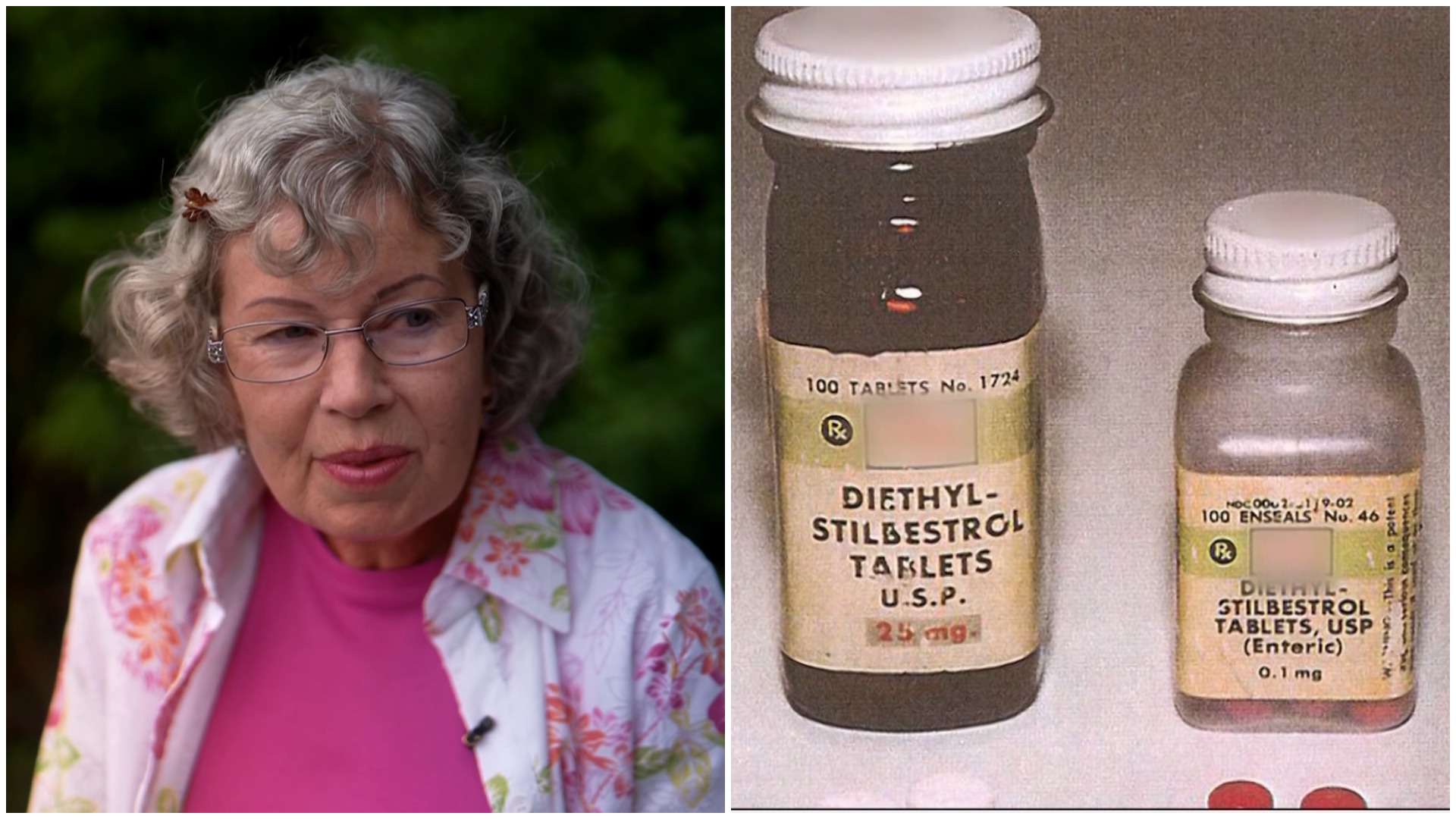The UK Government has said that, following official advice from medical experts, existing emergency measures banning the sale and supply of puberty blockers will be made indefinite.
The Department of Health and Social Care said the Commission on Human Medicines (CHM) had published independent expert advice that there is “currently an unacceptable safety risk in the continued prescription of puberty blockers to children”.
The department said the commission had recommended indefinite restrictions while work is done to ensure the safety of children and young people.
New prescriptions of puberty-blocking medicines and gender-affirming hormones were paused in the wake of Dr Hilary Cass’s review into gender identity services for young people in April.
NHS Greater Glasgow and Clyde, which runs Scotland’s only gender clinic for under-18s, announced it had stopped starting new patients on the treatments in mid-March.
That decision came after NHS England effectively banned puberty blockers on the basis of preliminary findings by Dr Cass.
Across Scotland, England and Wales, the were then banned temporarily with emergency legislation in May. On Wednesday, this will be updated to make the ban indefinite and set a review for 2027.
Professor Steve Cunningham, vice-chair for the Commission for Human Medicines, said: “CHM has advised that a statutory indefinite ban is placed on the use of GnRH agonists for puberty suppression until our three recommended structures are in place to support safe UK prescribing, with a first review date of 2027.
“The indefinite ban is made in the context of a significant waiting list for gender specialist services in the UK. In making this decision, CHM considered the safety, actual and potential, of using GnRH agonists to suppress puberty, and also risks to children and young people associated with accessing GnRH agonists via alternative routes.”
What are puberty blockers?
Puberty blockers are medicines that prevent puberty from happening. They work by blocking the hormones — testosterone and estrogen — that lead to puberty-related changes in your body.
That stops things like periods and breast growth, or voice-deepening and facial hair growth.
Who would seek to use them?
Treatment for gender dysphoria aims to help people live the way they want to, in their preferred gender identity or as non-binary.
Some young trans, intersex, and gender non-binary people may decide to take puberty blockers after talking about it with their parents or guardian and a nurse or doctor.
The Cass review warned giving such hormones to 16-year-olds should be an approach taken with “extreme caution”.
Follow STV News on WhatsApp
Scan the QR code on your mobile device for all the latest news from around the country
























